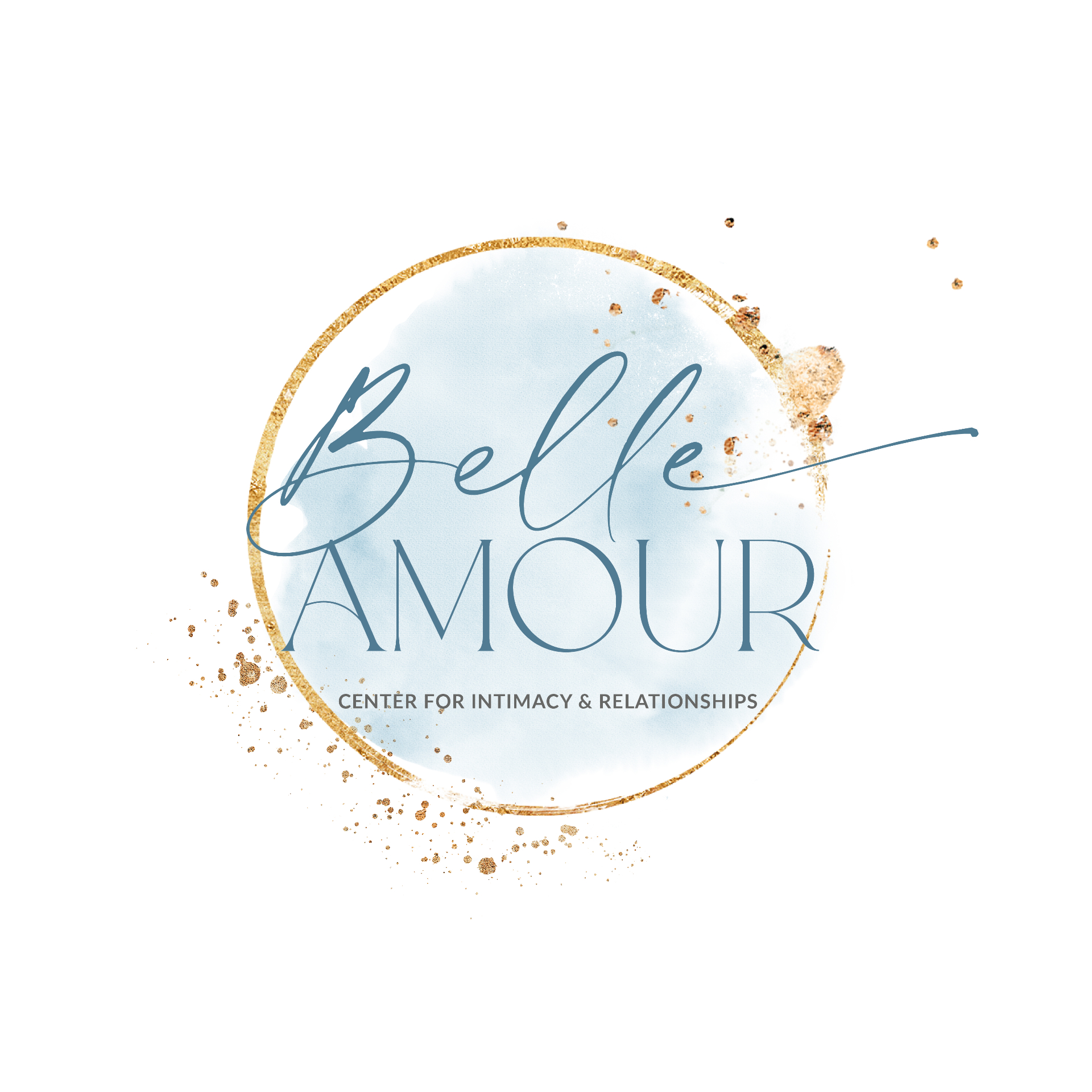Valentine’s Day and Navigating Betrayal Trauma After Infidelity

Valentine’s Day is often portrayed as a day of love, romance, and celebration of relationships. However, for those who have experienced betrayal trauma due to infidelity, this holiday can be an emotional trigger, bringing up feelings of pain, grief, and uncertainty. You’re not alone if you’re navigating the complexities of healing after betrayal. Here’s how you can approach Valentine’s Day in a way that prioritizes your well-being and emotional recovery.
Why Valentine’s Day Can Feel Difficult After Infidelity
Infidelity shatters trust and often leads to a deep sense of loss. Valentine’s Day emphasizes love and commitment, which can intensify those emotions, making it hard to engage in celebrations.
Common emotional responses may include:
• Grief for the relationship you thought you had.
• Anger or resentment toward your partner.
• Anxiety over whether your relationship can truly heal.
• Pressure to participate in the holiday despite unresolved feelings.
• Feelings of loneliness if you are separated or considering leaving the relationship.
Acknowledging these emotions is the first step toward healing. It’s okay to feel a mix of emotions—there is no right or wrong way to experience this day.
Empower Yourself with Self-care Strategies for Valentine’s Day
If you’re focusing on healing from betrayal, consider these self-care approaches.
1. Redefine the Holiday
Rather than seeing Valentine’s Day as a day for couples, reframe it as a day for self-love and personal growth. Engage in activities that nurture your soul, whether spending time with supportive friends, indulging in a favorite hobby like painting or gardening, or practicing mindfulness through meditation or yoga. Consider treating yourself to a spa day, taking a solo trip, or doing something that empowers and uplifts you.
2. Set Emotional Boundaries
Suppose certain traditions or conversations feel overwhelming; set boundaries. It’s okay to decline invitations, mute social media triggers, or communicate your needs clearly to your partner or loved ones. Protecting your emotional space is a vital part of the healing process.
3. Create New Traditions
Start fresh by engaging in new traditions that focus on self-empowerment. Plan a self-care day, write in a journal about your healing progress, or engage in a meaningful ritual that brings you peace. Celebrating platonic love by hosting a gathering with friends or engaging in a community service project.
4. Seek Support
Healing doesn’t have to be a solo journey. Contact trusted friends, a therapist, or a support group specializing in betrayal trauma. Talking about your feelings in a safe space can be incredibly validating. You don’t have to navigate these emotions alone—some people understand and want to help.
Navigating Valentine’s Day in a Relationship After Infidelity
If you and your partner are working toward rebuilding trust, Valentine’s Day may feel like an opportunity for reconnection or a challenge to navigate.
Here are some tips for handling the day together:
1. Communicate Openly
Have an honest discussion about what feels comfortable for both of you. Avoid forcing celebrations if they don’t feel authentic at this stage of healing. A simple conversation about expectations can prevent misunderstandings and unnecessary emotional pain.
2. Focus on Emotional Safety
Rather than focusing on grand gestures, prioritize meaningful conversations and small steps toward trust-building. The goal isn’t to “fix” things overnight but to reinforce emotional security. Emotional safety means feeling secure in your relationship, expressing your feelings without fear of judgment, and knowing that your partner respects your boundaries and needs. Sometimes, a heartfelt letter, an open conversation, or an act of service can mean more than flowers or a fancy dinner.
3. Set Realistic Expectations
Healing from betrayal takes time. Instead of expecting a romantic Valentine’s Day to erase past pain, approach the day with patience and mutual understanding. If celebrating feels too difficult, agree to postpone the holiday or find a simple, neutral way to acknowledge it.
If You’re Unsure About Your Relationship
For those who are questioning whether to stay in the relationship, use this time to reflect:
• Has your partner taken accountability and shown genuine effort in rebuilding trust?
• Do you feel safe and respected in the relationship?
• What do you need to continue healing, and is your partner supportive of that?
Valentine’s Day can be a check-in point rather than a definitive decision moment. Take your time and prioritize your own emotional needs. If you’re struggling with clarity, seeking professional guidance from a therapist or counselor specializing in betrayal trauma may be helpful. Remember, asking for help is okay, which can be a crucial part of your healing journey.
Final Thoughts
Remember, Valentine’s Day after betrayal trauma is challenging, but it doesn’t have to define your healing journey. Whether you celebrate, create new traditions, or spend the day focusing on self-care, the most important thing is honoring where you are in your process. Healing is not linear, but every step you take toward self-compassion and clarity is a step in the right direction.
You deserve love—especially from yourself. No matter where you are on your healing journey, know that your worth is not determined by the pain you’ve endured but by the strength and resilience you continue to show daily.

